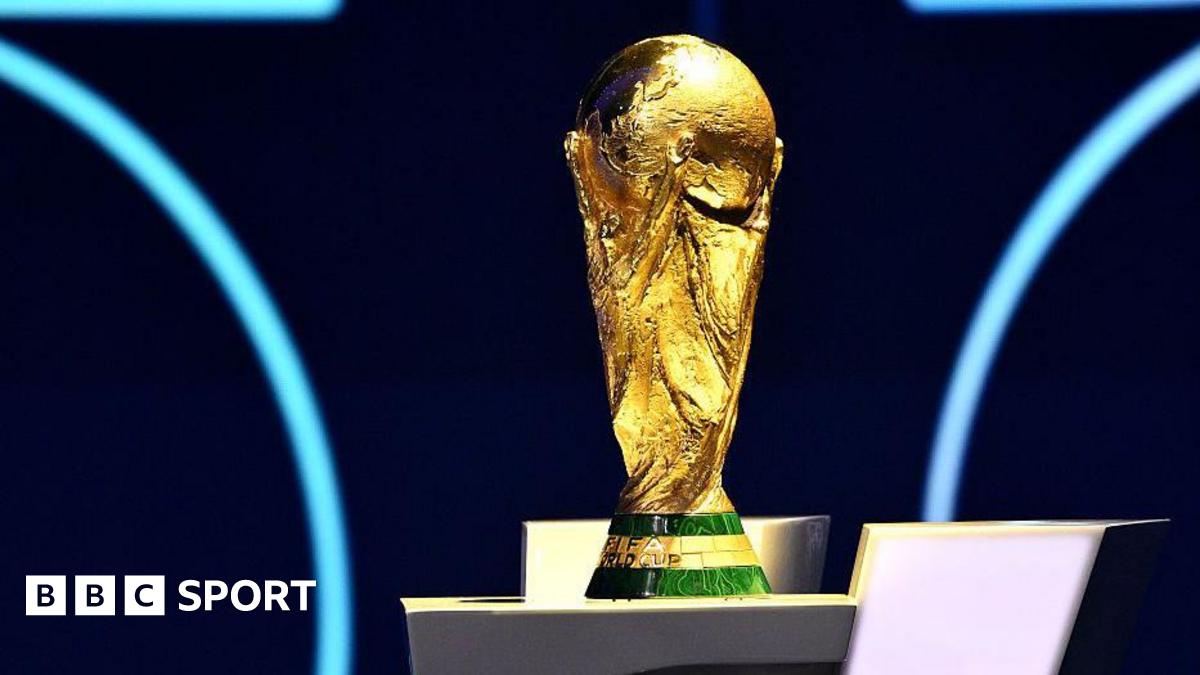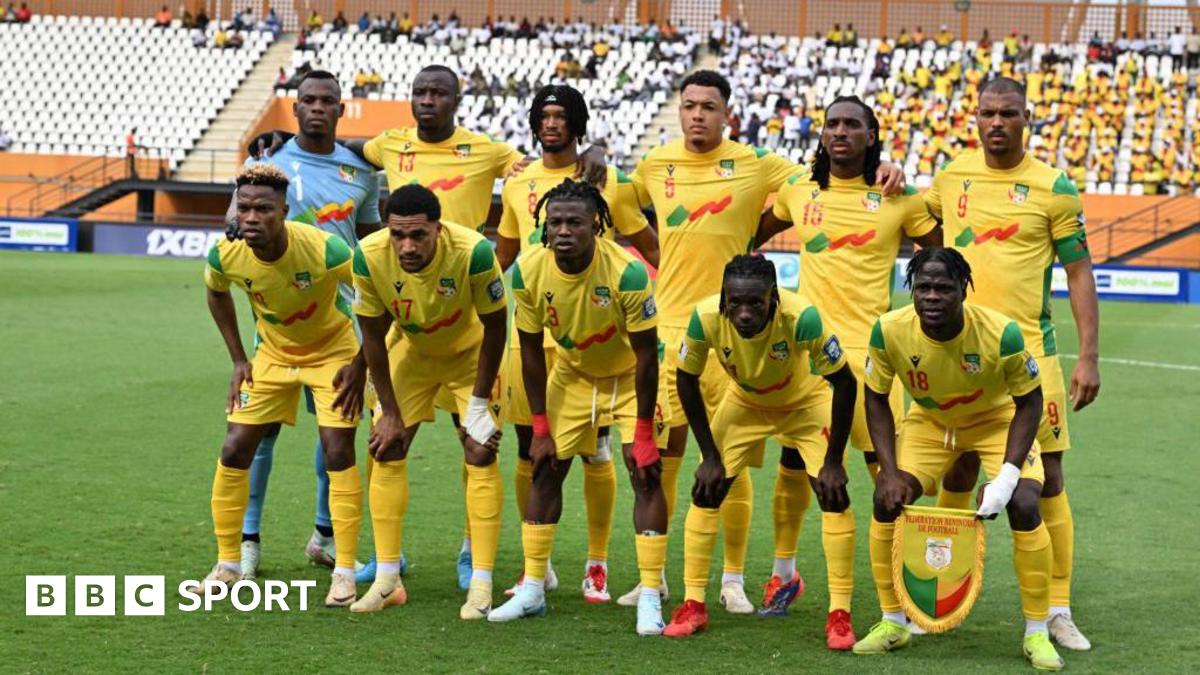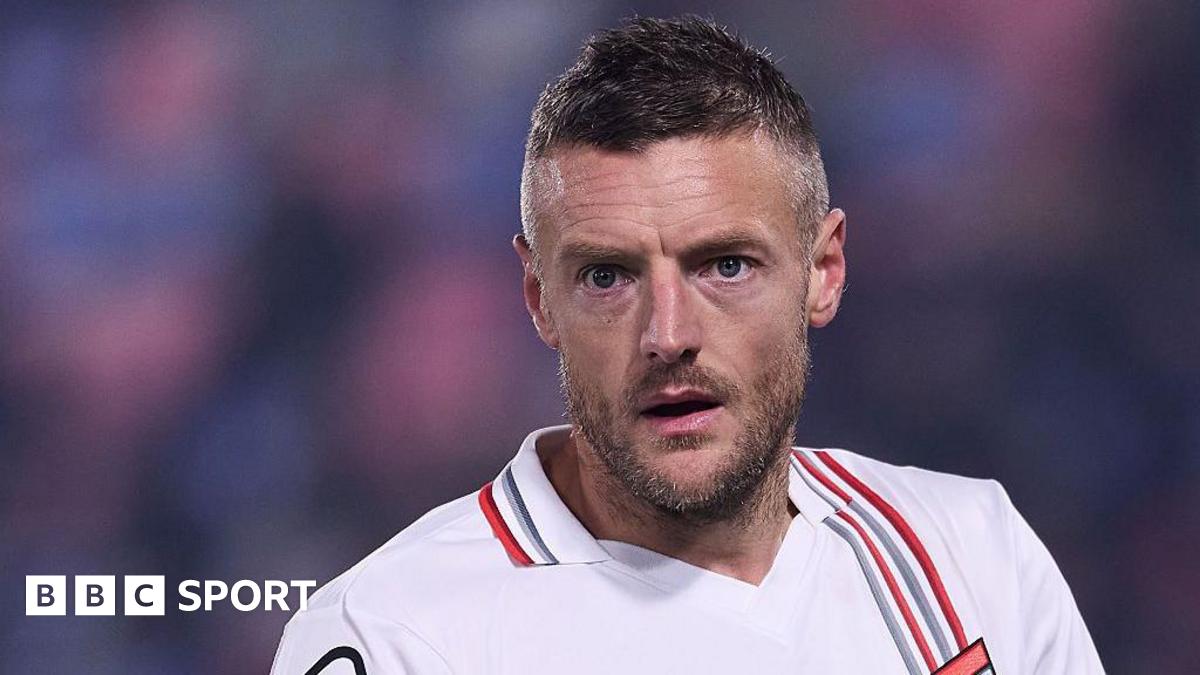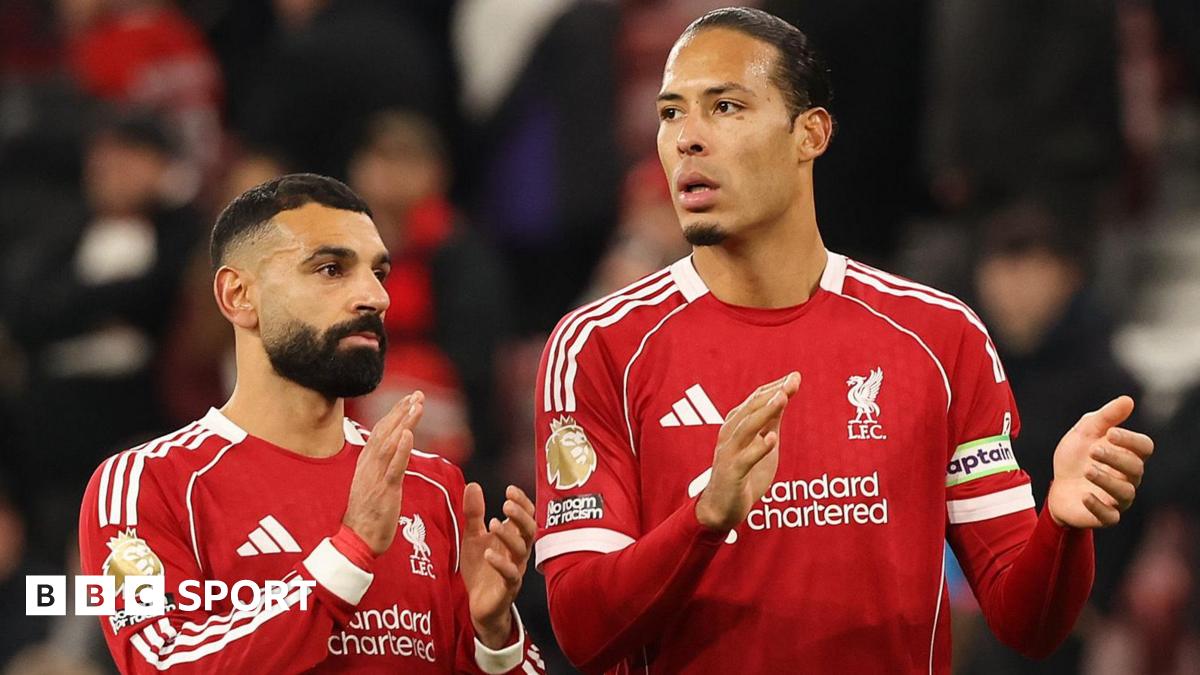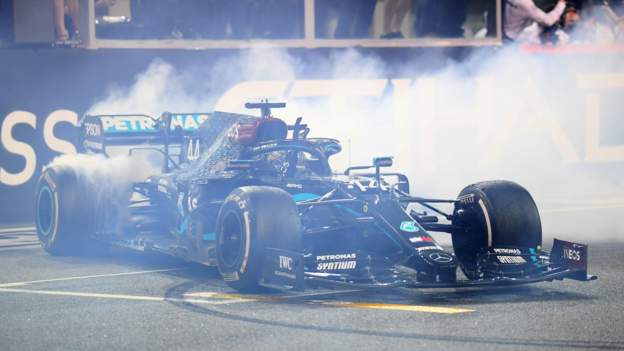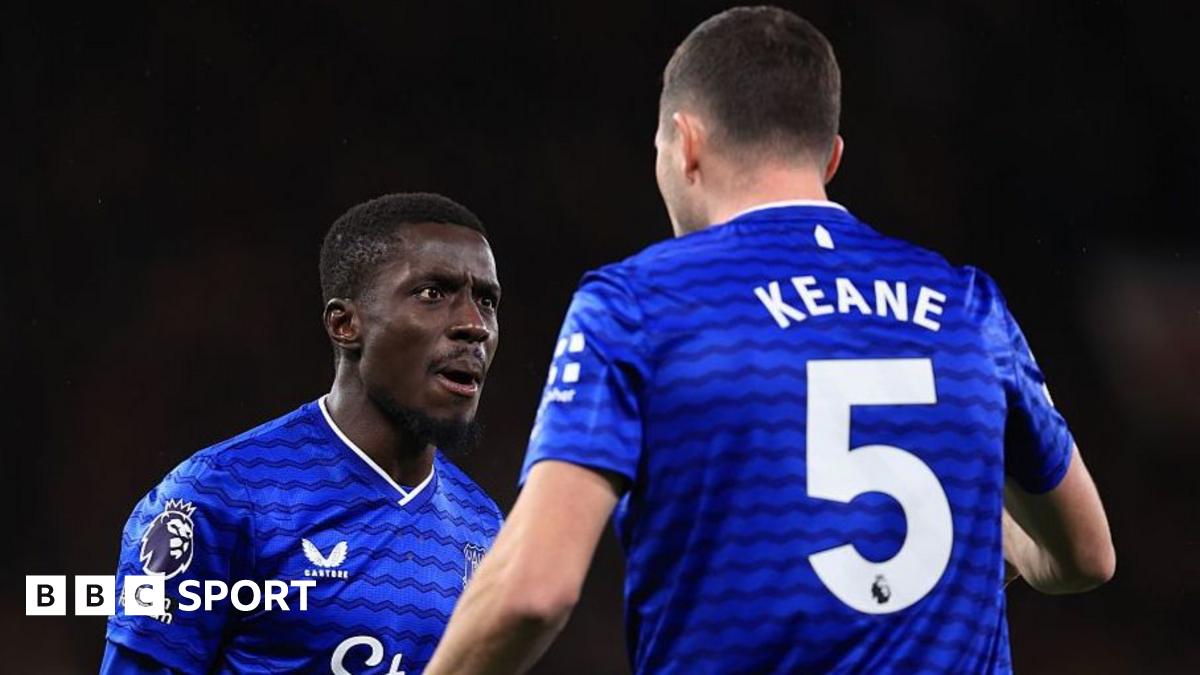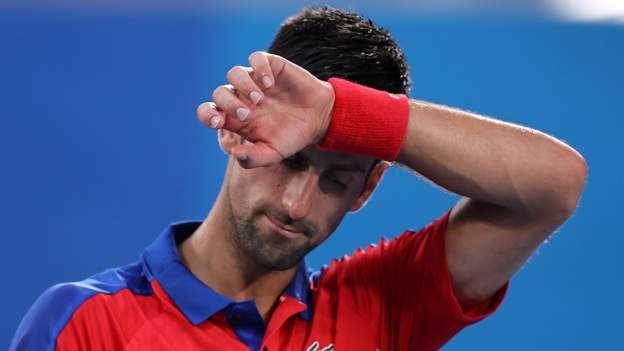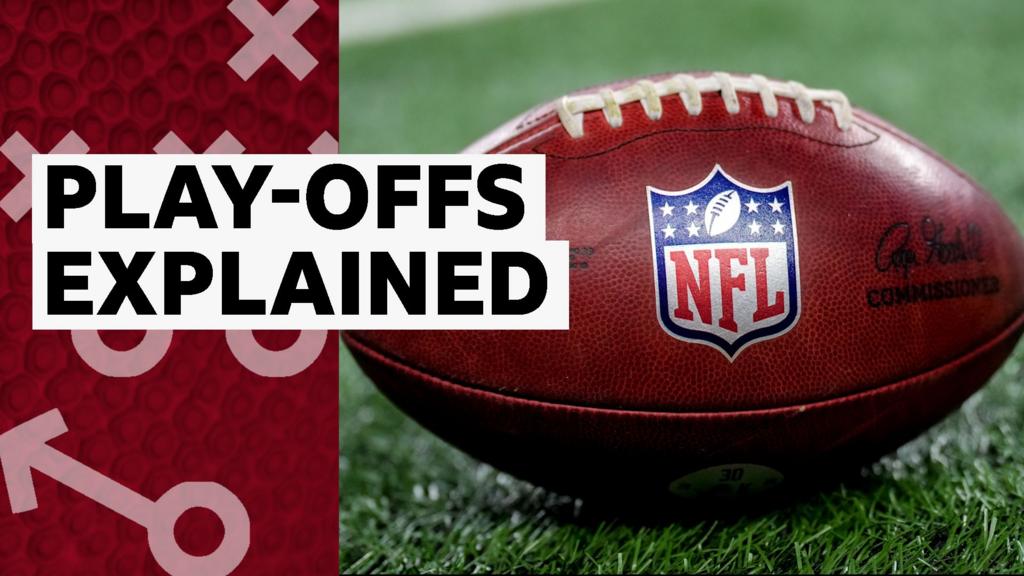Formula 1’s governing body the FIA has confirmed the calendar for the longest season in history next year.
There will be 23 grands prix held, starting in Australia on 21 March and ending in Abu Dhabi on 6 December.
The British Grand Prix at Silverstone will be on 18 July and the Brazilian Grand Prix has been firmed up at Sao Paulo’s historic Interlagos circuit on 14 November.
The calendar is dependent on no further coronavirus pandemic disruption.
F1 has said it is confident it will be able to run a full calendar.
Plans for the Australian Grand Prix in Melbourne to be held in an ‘F1 biosphere’ are already under way.
The date previously allocated for the Vietnamese GP, 25 April, is still empty, pending a host country being found.
Hanoi’s maiden grand prix has technically not yet been cancelled, but it will not take place and a replacement will come from one of the tracks that filled in this year as F1 built a primarily European-based season following disruption caused by coronavirus.
Turkey’s Istanbul Park, Portugal’s Portimao and Italy’s Imola track are the leading candidates to replace Vietnam.
Saudi Arabia will make its debut with a street race in Jeddah as the penultimate grand prix of the year on 28 November.
Melbourne plans to hold the race with fans
Australia has been among the more successful countries in dealing with the pandemic, by imposing mask-wearing and social distancing, track-and-trace systems and enforcing a 14-day quarantine on international arrivals.
F1 personnel will be restricted to the track and their hotels and will be transported in between to avoid contact with the local population.
Vietnam’s inaugural race in April was a casualty of the pandemic, as the first 10 races of the season were all postponed or cancelled.
The removal of Vietnam, which at the time was the first new event introduced by F1’s owners Liberty Media, has been triggered by the arrest on corruption charges of a key official responsible for the race in Hanoi.
F1 had announced plans for the Brazilian Grand Prix to be held at a new track in Rio De Janeiro in 2021, but the project ran into trouble and a new five-year deal has been signed for the race to continue in Sao Paulo until 2025.
The calendar bears a strong resemblance to the original 2020 schedule.
The biggest change is the moving of the Dutch Grand Prix from the spring to 5 September, where it follows a week after the neighbouring Belgian event.
The race at the seaside town of Zandvoort had been due to return for the first time since 1985 this April, but was a casualty of the pandemic.
2021 Formula 1 calendar
21 March Australia (Melbourne)
28 March Bahrain (Sakhir)
11 April China (Shanghai)
25 April TBC
9 May Spain (Barcelona)
23 May Monaco
6 June Azerbaijan (Baku)
13 June Canada (Montreal)
27 June France (Le Castellet)
4 July Austria (Spielberg)
18 July Britain (Silverstone)
1 August Hungary (Hungaroring)
29 August Belgium (Spa)
5 September Netherlands (Zandvoort)
12 September Italy (Monza)
26 September Russia (Sochi)
3 October Singapore (Marina Bay)
10 October Japan (Suzuka)
24 October USA (Austin)
31 October Mexico (Mexico City)
14 November Brazil (Sao Paulo)
28 November Saudi Arabia (Jeddah)
5 December Abu Dhabi (Yas Marina)






